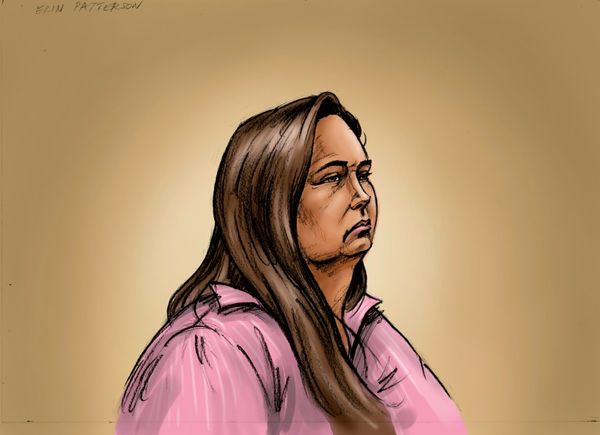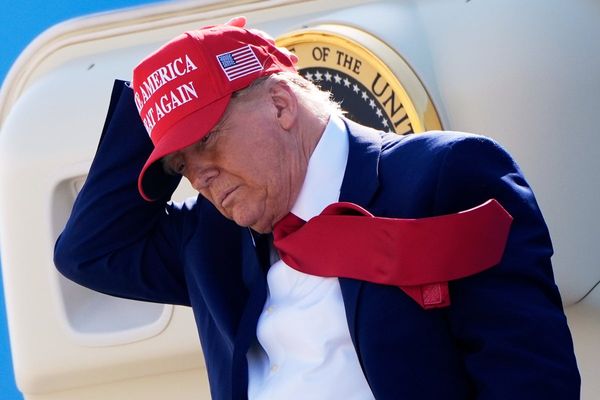Visual effects artist Jeff Unay makes his directorial debut with the spare and brutal documentary "The Cage Fighter," an unflinching portrait of a man finding himself in the ring. Using a fly-on-the-wall style, Unay captures the mind of a fighter through the life of Joe Carman, an aging mixed martial arts fighter who subjects his body and spirit to intense violence, despite the protestations of his family.
Joe and his family grant Unay intimate access to their everyday lives, their joys and sorrows. This is a story of family, of lineage, and the traumas and bonds that knit them together. It's a profoundly brave act to allow these moments to be shared, and Unay takes care to present them with the utmost care and nuance.
Joe is the kind of guy who seems most at home at the gym, and with his kids, a gaggle of daughters who adore him. He's just a kid himself, romping and playing with a mischievous gleam in his eye. He might struggle over custody with his ex, or argue with his wife, Nora, about the promises he made not to fight, but with his girls, it's pure love, a far cry from his tortured relationship with his troubled father.
Joe claims he won't fight anymore in the small, regional MMA matches, but he can't say no. Just one more fight _ for redemption, for his reputation. It's a momentary high he's always seeking, a ride he can't get off. He and his trainer talk about the ways in which fighters aren't "normal," that "normal" people wouldn't do what they do, and the film's focus seems to be on that fighter mentality Joe cannot shake.
It's also a film about bodies, about Joe's specifically, which is battered and bruised in the most barbaric ways. At age 40, he's 15 years into the sport, and 15 years older than most of the men he's fighting. He subjects himself to masochistic training sessions, pushing his body to the brink of failure. In one scene he collapses like a sack of potatoes, his trainer scolding him pre-emptively for the Gatorade he'll have to later expel from his system to make weight. It's dramatic, scary stuff.
Joe subjects his body to brutality inside the ring as well, not just black eyes, but concussions and brain injuries. In one particularly tough scene, he brings his daughters to a match where he is pummeled to a pulp, his girls crying in the stands. Afterward, he's dazed and slurring. He's already visited a brain injury doctor to report dizziness and lack of balance. When will he know how to say he's done? It's a question he ponders with a rival, Clayton Hoy, over drinks in a dive bar.
After so much bleak violence and interpersonal family dramas, Unay ultimately leaves "The Cage Fighter" with a hopeful ending for the future, one that doesn't deny who Joe is at his core _ a fighter _ but finds a way for that identity to coexist with a happy, healthy life as a doting dad. It's a fascinating documentary, shedding light on this fighter mentality, and how it figures into this man's life, with a raw and unvarnished honesty.







